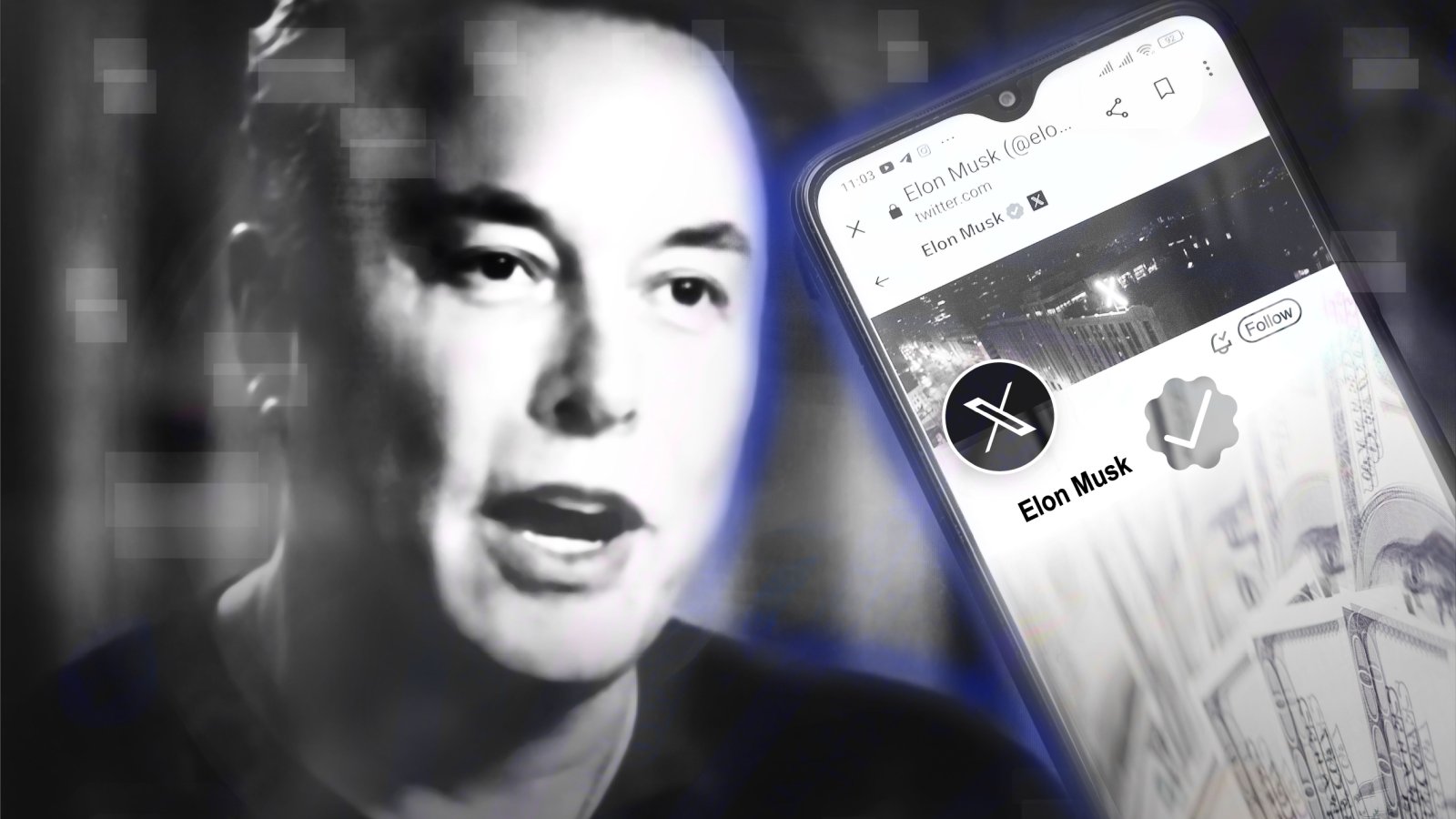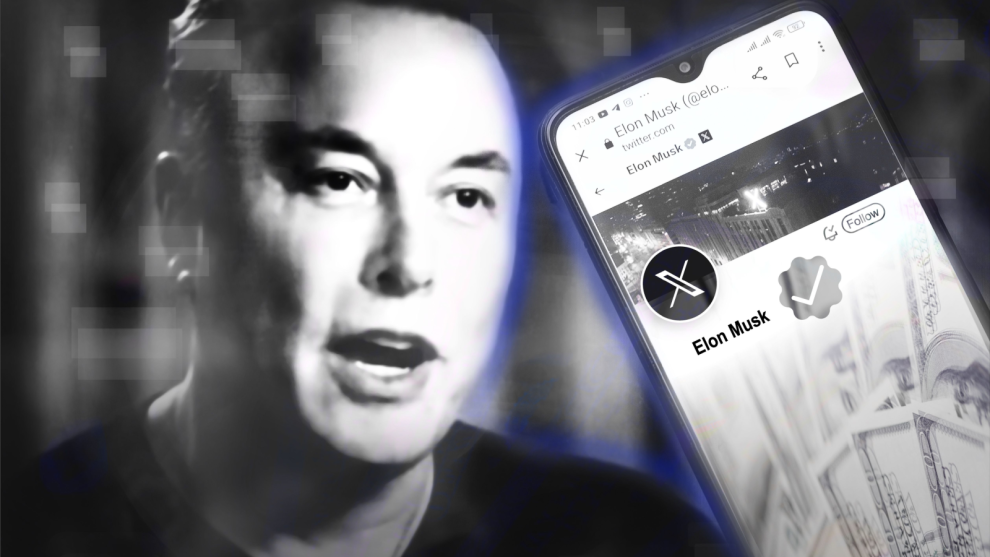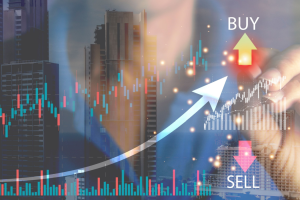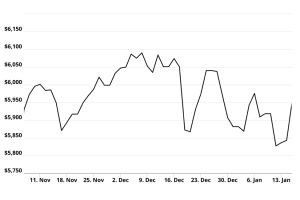
Hello, Reader.
It can be difficult to decipher a good, profitable idea from an implausible or disastrous one.
For instance, before this company was a titan of the digital payments industry, it was an unbelievable concept to most folks.
Founded by Elon Musk, the king of the out-of-this-world ideas (sometimes literally!), this company traces its history back nearly 25 years to 2000. That’s when Musk merged his online bank, X.com, with venture capitalist Peter Thiel’s software company, Confinity.
This union formed PayPal.
The merged entity started spinning gold almost immediately for Musk and Thiel, as the inventive pair sold the company to eBay Inc. (EBAY) just two years later for $1.5 billion.
Then in 2015, eBay spun out PayPal Inc. (PYPL) as a separately traded company, which it has remained ever since.
Now, 80% of the top 1,500 retailers in North America and Europe feature PayPal in their digital wallets – which is nearly three times more than the No. 2 player, Apple Pay.
While PayPal spearheaded the digital commerce revolution, I believe it is now at the forefront of the AI Revolution. The company is fortifying its market leadership by integrating leading-edge AI and machine-learning processes into key aspects of its operations.
So today, I want to share why Musk’s initially crazy-sounding digital payment idea is now a good AI bet.
Then, I’ll share Musk’s latest unbelievable invention… and how you can get in on it.
The Next Step in AI Innovation
PayPal is applying AI-derived insights from its vast customer base to optimize the checkout process for merchants and consumers. Specifically, PayPal AI significantly reduces both false negatives (declines) and false positives (fraudulent charges) during the checkout process.
- A false negative occurs when a card issuer declines a transaction, even though the cardholder has a sufficient credit or cash balance available for the purchase.
- A false positive occurs when a card issuer approves a transaction that is fraudulent.
Both forms of false readings cause billions of dollars in lost revenue. A 2022 study conducted by checkout.com and Oxford Economics found that false card declines cost merchants in the U.K., the U.S., France, and Germany about $50 billion in 2022 – a 150% increase in three years.
But PayPal’s platform is moving that needle in the other direction; it is significantly reducing both false positives and false negatives.
The secret sauce that makes this industry-leading error prevention possible is a PayPal solution that combines the company’s AI and machine-learning capabilities with extensive data sets.
PayPal’s machine-learning models help predict in advance if a card issuer will decline a specific cardholder’s transaction. If the model anticipates a decline, it creates a custom solution in real time for the cardholder to remedy the problem and produce a completed transaction.
For example, PayPal can propose an alternate payment method within a user’s PayPal wallet that has been successful in the past. The company can also prompt a secondary form of authentication to validate the transaction.
To detect and nullify fraudulent transactions, PayPal leans heavily on its adaptive machine learning solution called PayPal Fraud Protection Advanced.
Based on the 24 billion transactions PayPal processes annually, it gathers vital intelligence about both the merchant and the consumer on each transaction. The company’s machine-learning model then interacts with that data during the checkout process to identify anomalies or suspicious patterns that indicate fraudulent activity.
The Future of AI
PayPal also expects AI to play an increasingly important role inside its own operations.
As PayPal CEO Dan Schulman says…
We are just at the beginning of a multi-year efficiency journey…With the new advances of generative AI, we will be able to accelerate our productivity initiatives. We expect AI will enable us to meaningfully lower our costs for years to come… I think there’s no question that A.I. is going to impact almost every function inside of PayPal, whether it be our front office, back office, marketing, legal, engineering, you name it.
So, I expect PayPal’s current discounted valuation to disappear as the company enters a new growth phase – and as its AI capabilities fatten the profit margins on that growth.
Like I said before, PayPal was not a popular idea at first. In the late 1990s, when most people were still mailing checks, Musk’s idea of making payments over the internet was unimaginable. Now, though, PayPal is a promising contender in the ever-competitive and ever-advancing AI boom.
Really, it seems that everything Musk has done throughout his career sounded insane at first. Which leads me to his latest, strange invention…
It’s an AI device that could be the most powerful technology ever created. This new idea is set to shock the world once again – and this time, you don’t want to be a nonbeliever.
So, click here to learn all of the details.
Regards,
Eric Fry
P.S. My colleague and 20-year market veteran Jonathan Rose wants to share his trading strategy with you… and it works is all kinds of markets.
In his Masters in Trading Summit this week, he revealed results of a live experiment that lasted about six weeks, where he closed seven out of seven trades for an average gain of 125%.
And as Jonathan likes to say, “the creative trader always wins.”
Click here to watch the replay.




